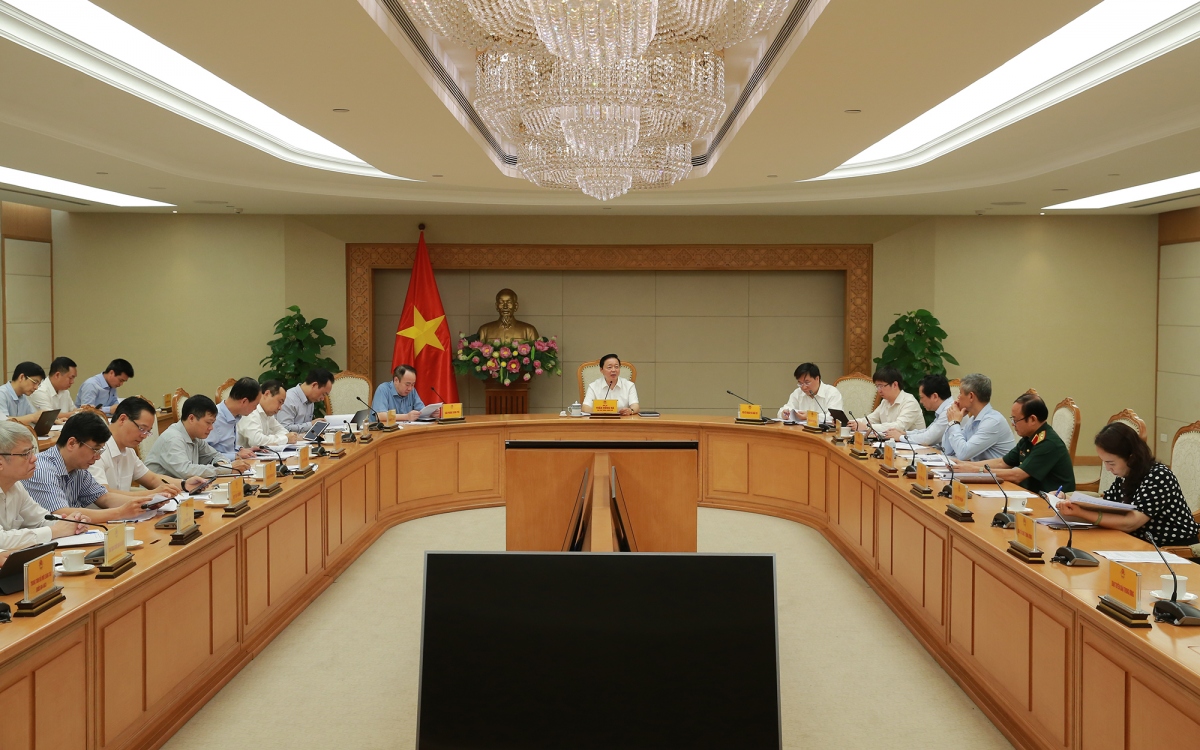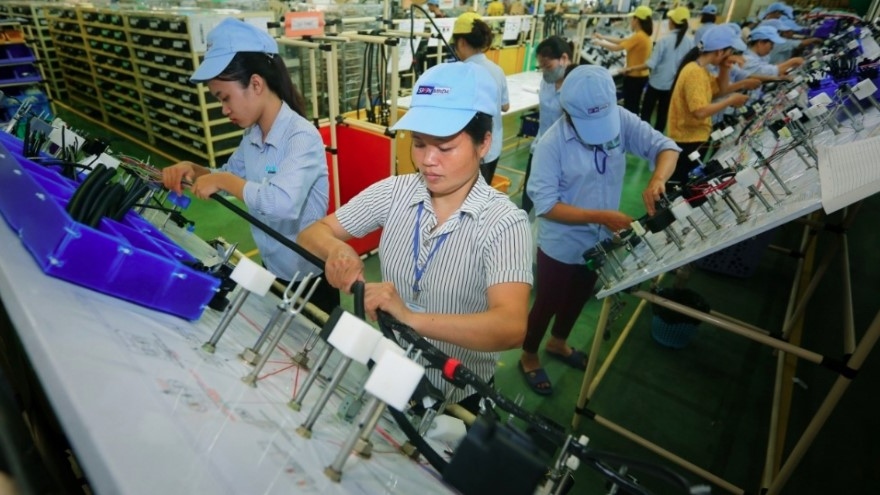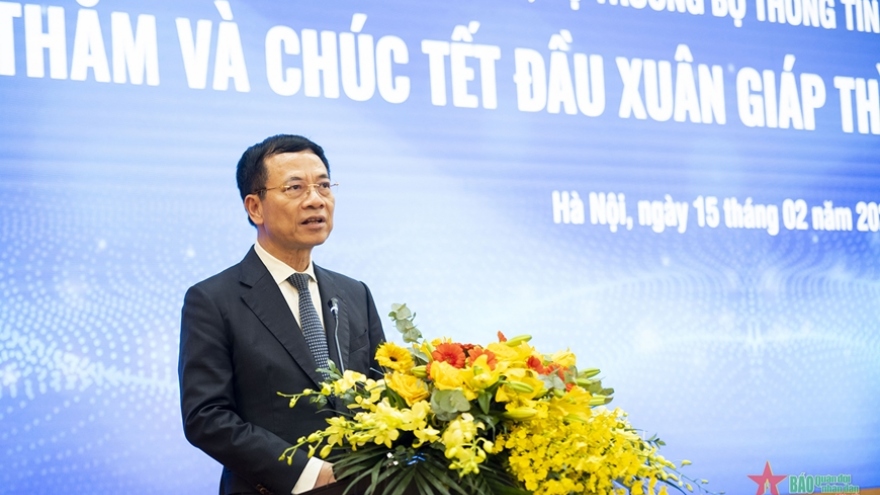Strong policies needed to develop human resources for semiconductor industry
VOV.VN - Breakthrough policies are needed to develop human resources for the semiconductor industry that gives Vietnam a positive outlook in the future, said officials while examining a draft master plan on human resources development for the semiconductor industry, held on April 22 in Hanoi.

Deputy Minister of Planning and Investment Tran Duy Dong pointed out that the world’s semiconductor chip market has recorded annual growth of about 14% for the past 20 years, with market revenue expected to reach US$1,000 billion by 2030. Up to 2030 the world needs about one million workers for all stages of chip design, production, assembly, packaging, and testing.
Currently, many large semiconductor businesses are looking to diversify their supply chains, taking advantage of young, qualified human resources in Asian countries, including Vietnam. According to the Deputy Minister, by 2030 Vietnam will need about 15,000 design engineers, along with 35,000 engineers working in semiconductor chip factories. It is hoped that the industry will create 154,000 indirect jobs and contribute VND360 trillion to the country’s GDP by 2030.
Discussing the master plan, Prof. Dr. Vu Hai Quan, president of Vietnam National University – Ho Chi Minh City, suggested that the country should have a breakthrough mechanism for training lecturers, sharing facilities, technical equipment and related laboratories, as well as attracting foreign experts in order to develop the semiconductor industry steadily.
Meanwhile, Deputy Minister of Education and Training Hoang Minh Son shared that as Vietnam boasts many advantages in chip design, packaging, and testing, schools are in dire need of accurate forecasts of semiconductor IC human resource needs to devise effective training programmes.
Mechanisms must therefore be developed very quickly, and resources must be ready so that the master plan can be implemented immediately upon approval, stressed Deputy Minister Son.
Taking the floor, Deputy Minister of Science and Technology Tran Hong Thai proposed investing heavily in research, technology application, and transfer activities. In his view, it remains imperative to introduce a specific priority policy for parties involved in the ecosystem of human resource training in the semiconductor industry.
The Ministry of Science and Technology will seek to prioritise the implementation of a number of national science and technology programmes to support the semiconductor industry, he assured.
In his conclusions, Deputy Prime Minister Tran Hong Ha asked the Ministry of Planning and Investment to gather opinions together and swiftly complete the draft master plan.
The master plan is of paramount importance as it requires a strategic vision and a thorough understanding of the close links that exist between the electronics industry and the semiconductor industry, he said.
It therefore needs to propose specific packages of breakthrough mechanisms and policies in a bid to remove obstacles in education and training, science and technology, public investment, research, and development, he went on.
Under the draft master plan, Vietnam will provide in-depth training for 1,300 lecturers, expand the training network for the semiconductor industry and related industries to about 200 establishments, and increase investment in semiconductor training centres.



